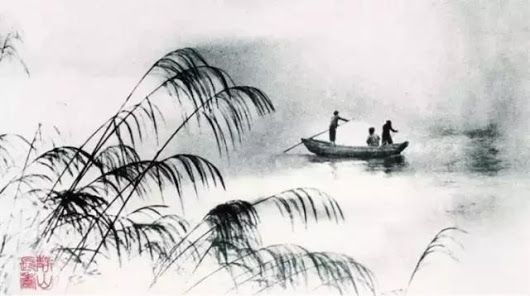Let the World Call You
Karin Ryuku Kempe on the practice of listening.
Karin Ryuku Kempe on the practice of listening.
Dennis Sienko on case 13 of the Gateless Barrier, “Te Shan Carries His Bowls.”
Peggy Metta Sheehan takes up an excerpt from The Extended Discourse Records of Chan Master Hongzhi:
It cannot be practiced or actualized, because it is intrinsically complete. Others cannot tarnish it. It is thoroughly immaculate to its depth. Precisely at the place of immaculacy, fix your gaze upon it and thoroughly illuminate and relinquish everything. Experiencing this clarity, grounding yourself firmly, you will see that birth and death originally have not root or stem, and emerging and sinking are fundamentally without a trace. When your intrinsic splendor reaches its peak, it is empty, yet potent. When your original wisdom responds to conditions, it is quiescent, but resplendent. Genuinely arriving at this place where there is no middle or extremes, before or after, your practice begins to be one pervasive whole. On each and every occasion, the interaction of your sense faculties and objects is itself the preaching of Buddha Dharma transmitting the inexhaustible lamp. Everything emits great radiance, everything is performing the great work of accomplishing Buddhahood. Originally you do not need a hair’s breadth of external object. Clearly, this is a matter to be found within your own home.
Peggy Roshi comments:
Silent illumination is not a practice. Rather it is what you are: silent, utterly still, unmoving and empty, vast, bright and radiant.

Karin Ryuku Kempe takes up the case of Yantou the Ferryman:
When Yantou was in Shatai, he was a ferryman on a lake in Ezhou. On each side of the lake hung a board; when someone wanted to cross, he or she would knock on the board. Yantou would call out, “Who is it?”or “Which side are you crossing to?” Then he would wave his oars, come out from the reeds, and go to meet the traveler. One day a woman carrying a child in her arms appeared and said, “I have nothing to ask you about plying the oars or handling the pole,” she said, “But where did the child I am holding in my arms come from?” He struck the woman with the oar. The woman said, “I have given birth to seven children; six of them didn’t meet anyone who truly understood them, and this one will not be any good either.” She then threw it into the water. (Zen Echoes: Classic Koans with Verse Commentaries by Three Female Chan Masters by Zishou Miaozong, p. 117.)
Karin Roshi comments:
Can we just let go, immerse ourselves so completely in Mu, in this one breath, this complete moment, that there is nothing that is not completely soaked?
Cathy Wright takes up case 8 in The Gateless Barrier:
Master Gettan said to a monk: “Keichu made a cart whose wheels had a hundred spokes. Take both front and rear parts away and remove the axle: then what will it be?”
Cathy comments:
We work on a koan until we are out of answers, and then the koan begins to work on us; and the question “What will it be?” springs forth the way a fox springs from a bush.